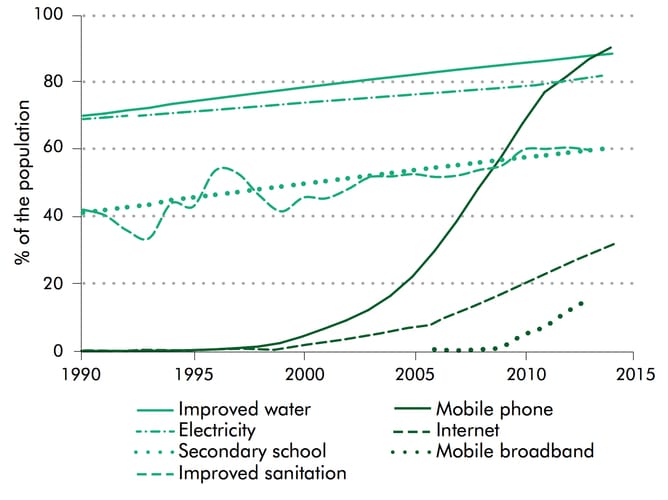Sexism Hurts Global Economy IMF Chief Says
Around the world, while women have gained significant ground on the issue of equal treatment under the law and norms of society, they still are not treated the same as their male counterparts in many economies. Christine Lagarde, head of the International Monetary Fund (IMF) says, “Inequality is sexist,” and argues that it actually hurts global economic growth.






